Summer learning loss, often termed the summer slide, significantly challenges students’ academic progress during extended breaks. Research indicates that students can lose critical skills, particularly in mathematics and reading, without structured engagement.
This guide provides parents with evidence-based strategies to mitigate loss, ensuring children maintain academic proficiency and are prepared for the forthcoming school year.
What is Summer Learning Loss?
Summer learning loss is the regression in academic skills and knowledge students experience during the summer break, when formal education is typically paused.
Research indicates that students can lose between one to 3 months of learning, with more pronounced declines in mathematics than reading.
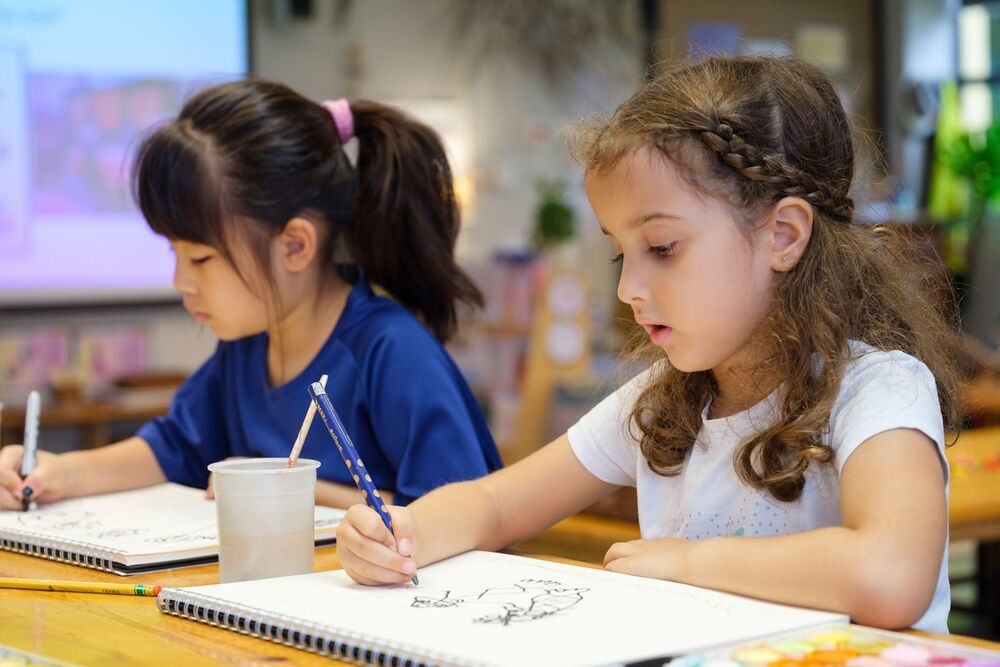
On average, students’ achievement scores decline by approximately one month’s worth of school-year learning, with losses in mathematics ranging from 25–30% of the previous year’s gains. This regression is not uniform across all students or subjects as it varies by grade level, subject, and socioeconomic status.
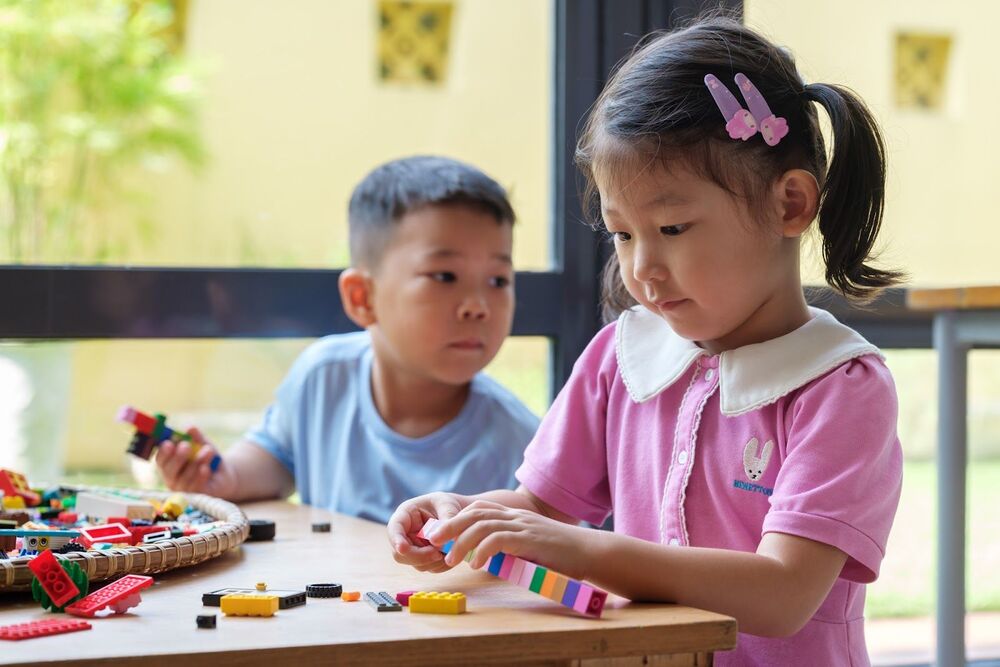
The learning loss cumulatively has a pronounced impact, particularly on students with different socioeconomic backgrounds. Protecting students from setbacks and ensuring uninterrupted academic progress during school breaks requires summer learning initiatives.
Impact of Summer Learning Loss
Undermining students’ academic progress, summer learning loss during summer breaks significantly impacts their long-term educational outcomes.
- Lower School Performance: The skill setbacks experienced in math and reading during the breaks affect school’s performance directly . This setback disrupts the continuity of learning and hinders progression in subsequent academic years.
- Setbacks for Low-income Students: Students from low-income backgrounds face greater setbacks due to limited access to educational resources, enrichment programmes, or parental support. Middle-class students often maintain or improve reading skills, while lower-income students experience declines, contributing to a growing divide.
- Long-term Disparity: Lower academic performance can diminish students’ confidence and engagement, perpetuating cycles of underachievement. The cumulative effect of summer setbacks can result in students lagging behind their peers by up to two years by middle school.
6 Strategies to Prevent Summer Learning Loss
Preventing summer learning loss requires deliberate, engaging, and accessible strategies to maintain academic skills. Below are 6 evidence-based approaches for parents to implement.
1. Summer Programs
Research indicates that students participating in organised academic programmes during summer are less likely to experience skill regression.
High-quality summer programmes offer structured, curriculum-aligned instruction that sustains academic skills and enriches student engagement.
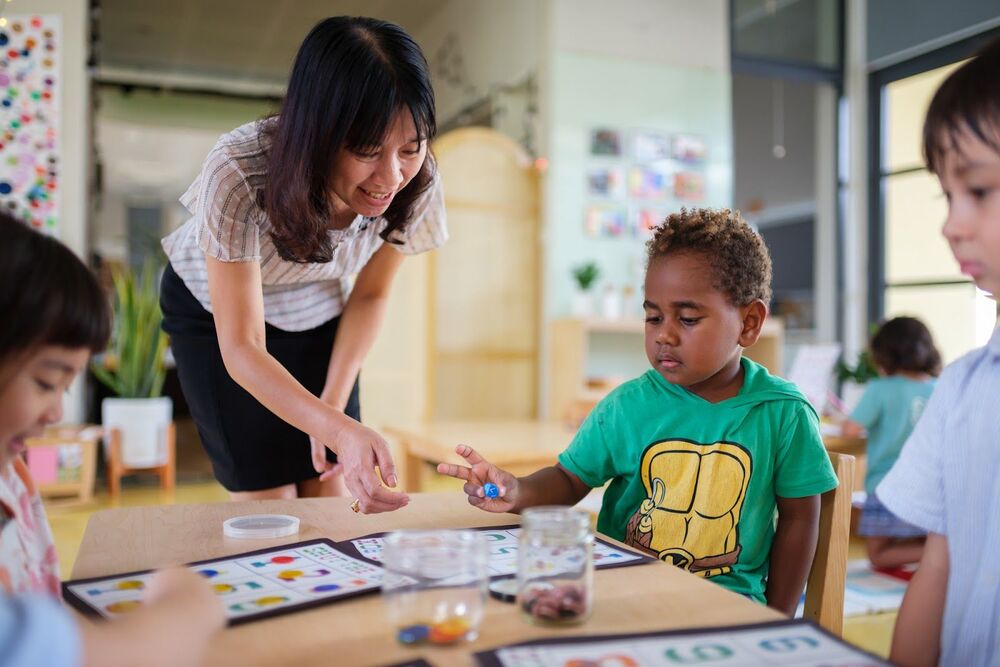
Programmes with a clear focus, such as improving mathematics fluency or enhancing reading comprehension, demonstrate the strongest outcomes, according to recent evaluations.
To maximise impact, parents can look for summer initiatives that offer small class sizes, targeted learning goals, and regular progress monitoring using reliable assessments.
2. Math Skills Practice
Dedicated, purposeful practice in mathematics is one of the most effective ways to prevent regression.
Parents can harness adaptive online platforms that personalise problem sets to each child’s proficiency level and provide instant feedback.
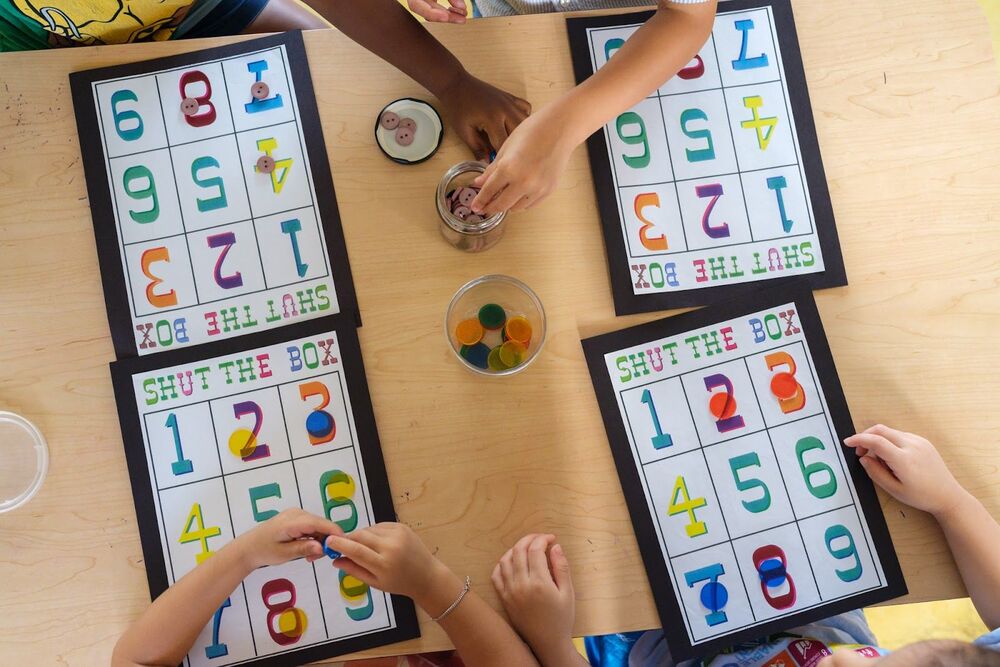
Additionally, parents can have children help in cooking by measuring out ingredients, which helps practice mathematics, calculating expenses during shopping.
Regular practice, even for 15–30 minutes daily, ensures retention of critical skills and facilitates a smoother transition into the new school year.
3. Daily Reading
Daily reading is a cornerstone of preventing learning loss, particularly for literacy skills. Students can lose up to two months of reading proficiency without regular practice.
Parents can encourage reading by setting a daily 20-minute goal and letting children choose engaging materials like novels, magazines, or comics.
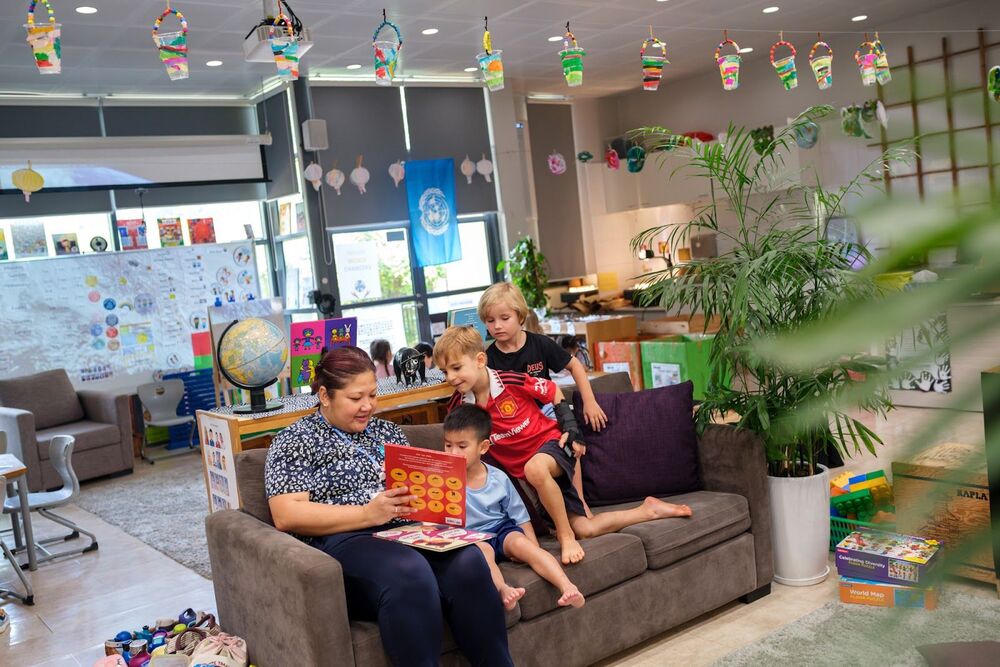
Consistent reading enhances vocabulary, comprehension, and critical thinking, reducing the risk of regression. Research states that students who read regularly during the summer outperformed their peers on reading assessments after the break.
4. Educational Games
Educational games offer an engaging method to reinforce academic skills while maintaining children’s interest.
Without feeling like they are studying, children can build skills in problem solving, language, and mathematics into games, which boosts cognitive development.
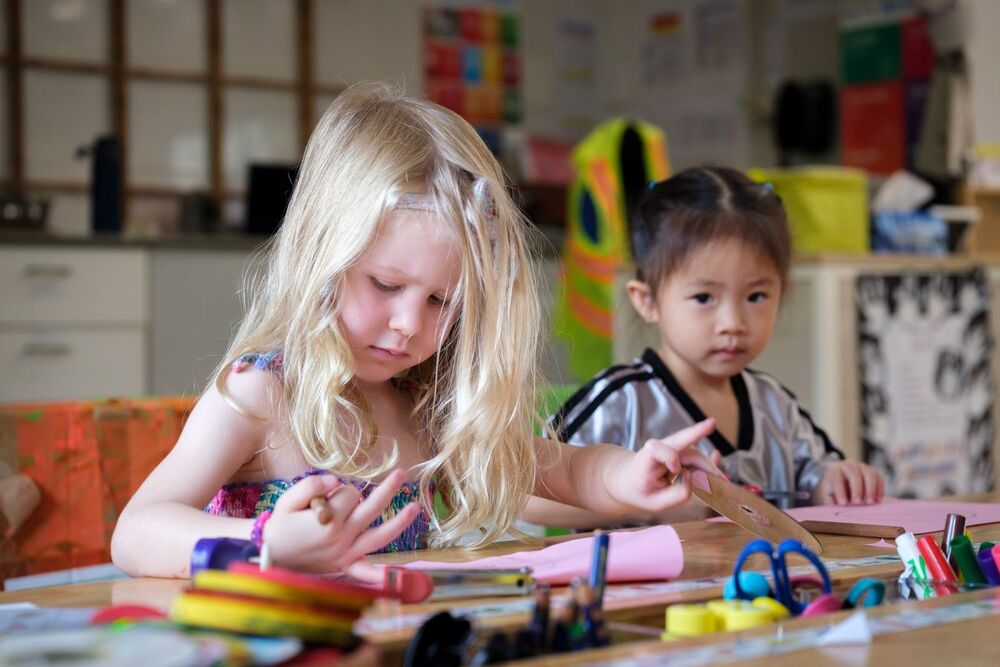
Research indicates that game-based activities can help students retain up to 80 percent of their academic gains over the summer, especially when gameplay involves collaborative family participation.
Board games or card games that involve strategy and calculation also promote mathematical reasoning.
Digital educational apps, designed to gamify learning, also promote critical thinking and skill retention, making learning enjoyable and effective.
5. Online Tutoring
Personalised online tutoring offers tailored support and motivation to meet each child’s unique needs.
Tutoring platforms offer one-on-one or small group video calls that use interactive whiteboards to present lessons.
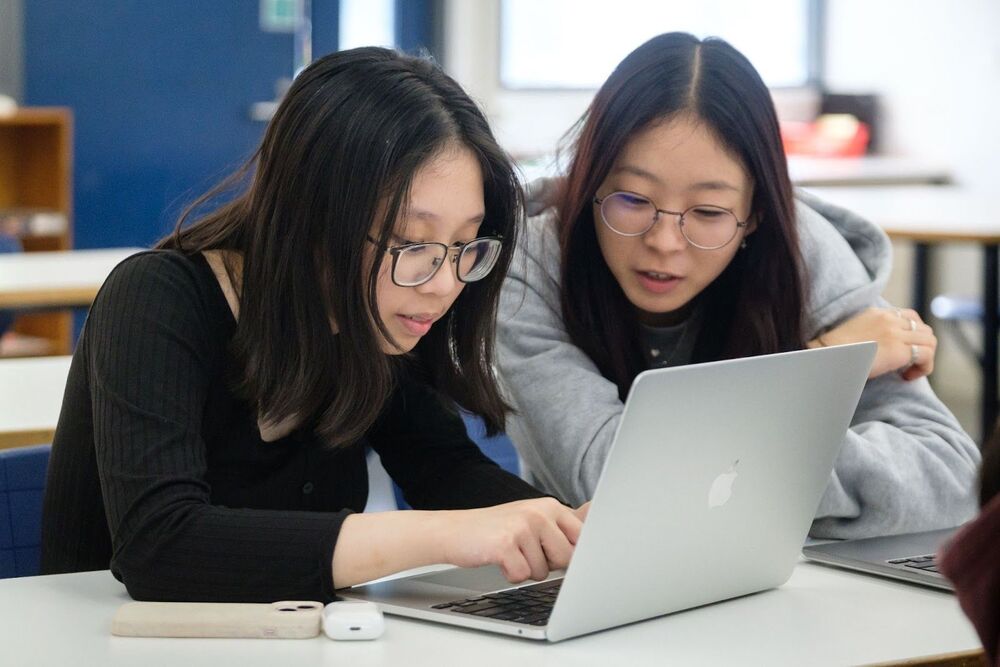
Families can arrange sessions as frequently as twice weekly, depending on budget and need.
To maximise value, parents can set clear goals with tutors, such as mastering long division or improving paragraph structure) and review progress against these objectives.
6. Nature Projects
Hands-on, project-based learning in outdoor settings integrates multiple disciplines and nurtures curiosity.
Activities like monitoring plant growth or analysing water quality link science, mathematics, and literacy through practical exploration. These nature-based projects also foster analytical thinking and environmental awareness.
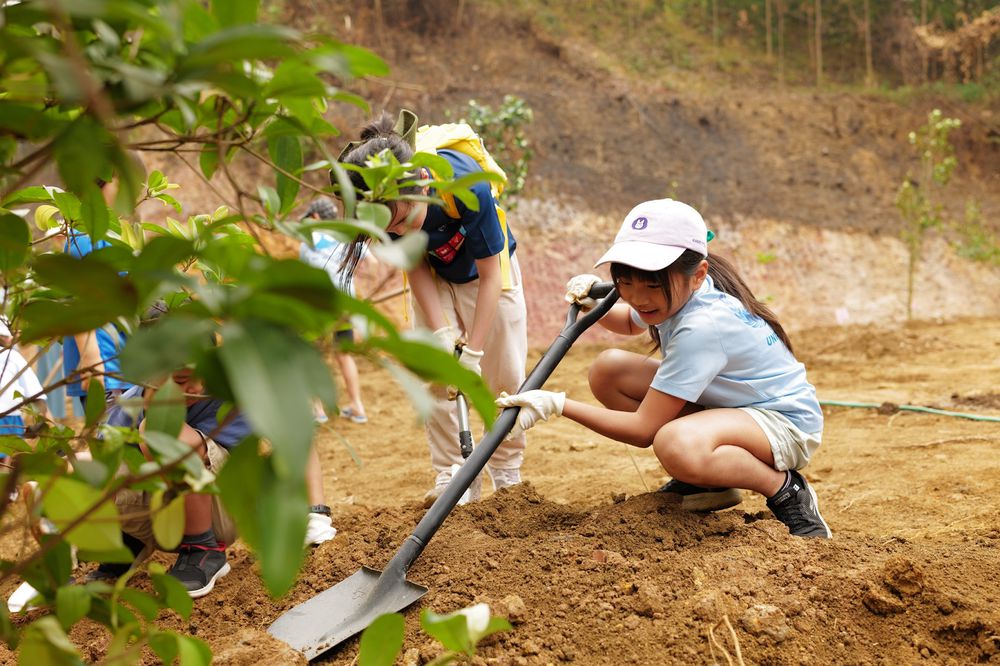
Parents can guide children to record observations in a nature journal, encouraging descriptive writing and data-collection skills: note temperature changes, sketch leaf shapes, or graph the number of species spotted each week.
Engaging with local parks or community gardens also supports social-emotional development and physical health, reducing summer learning’s “opportunity cost” by blending academic goals with personal growth.
How UNIS Hanoi Addresses Summer Learning
UNIS Hanoi offers a robust solution to summer learning loss through our annual Summer Programme from June to July.
Designed for students across various age groups, the programme provides curriculum-aligned learning and enrichment activities to maintain academic skills and prevent the summer slide. It integrates core subjects like mathematics and reading with hands-on projects, fostering academic retention and creativity.
Indeed, we tailor activities to students’ developmental needs, ensuring engagement and progress.
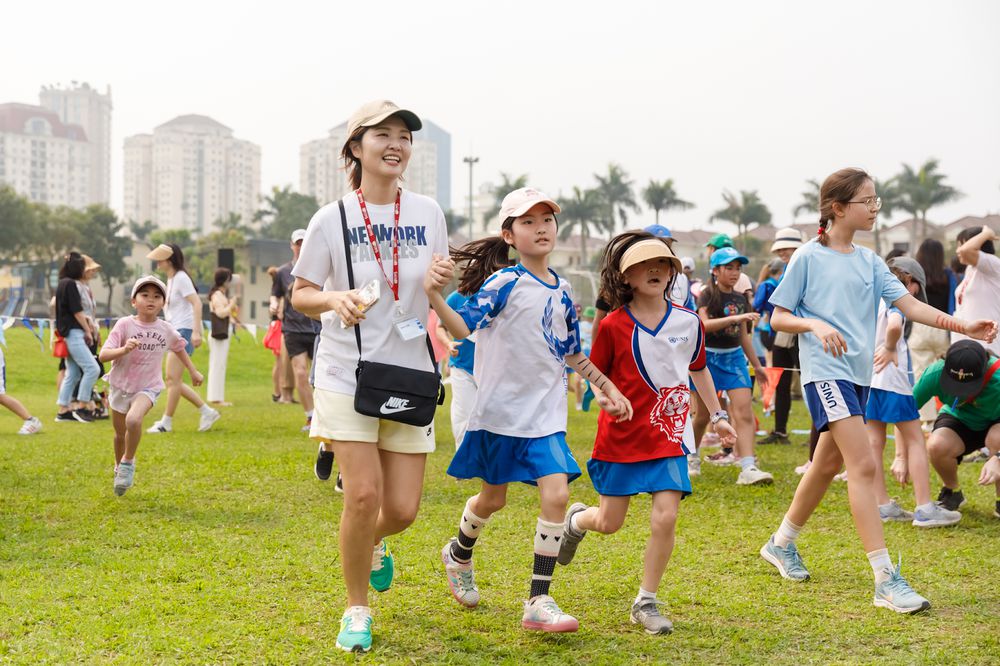
The programme’s structured yet dynamic approach includes academic workshops, STEM projects, aquatic games, nature discovery, and cultural exploration, promoting intellectual curiosity and skill reinforcement.
By aligning activities with the school’s rigorous curriculum, UNIS Hanoi ensures continuity of learning and prepares students for the upcoming academic year.
The programme also supports social-emotional development, creating a holistic learning environment.
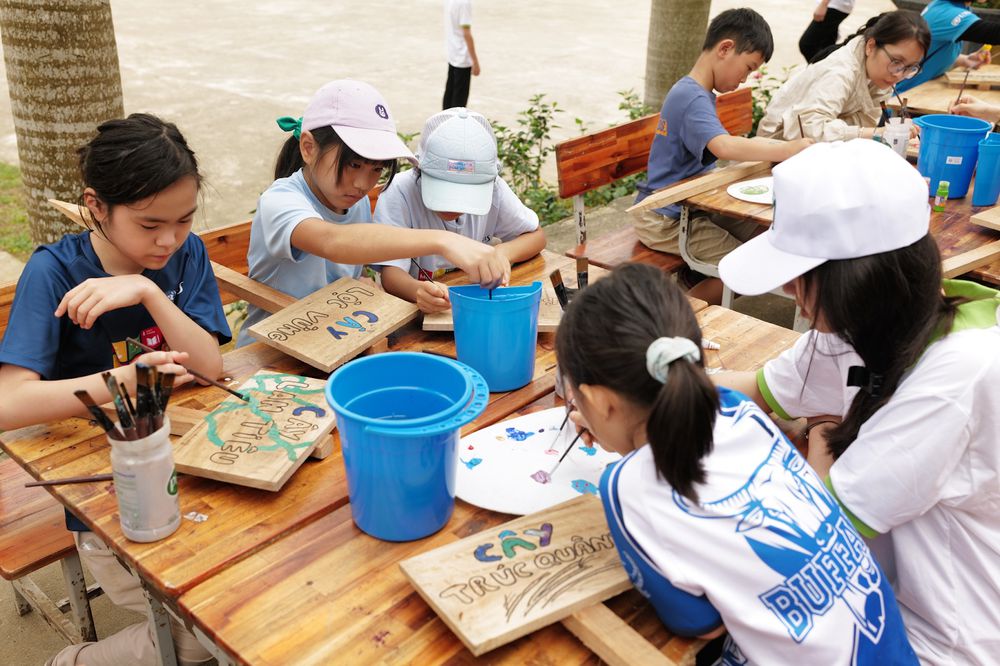
Parents seeking to safeguard their children’s academic progress are encouraged to explore UNIS Hanoi’s Summer Programme. Applications are open, and interested families can apply through the UNIS Hanoi admissions portal to secure a place in this transformative learning experience.
Apply now to secure a place in UNIS Hanoi’s transformative Summer Programme and invest in your child’s continuous learning journey!
Author Profile
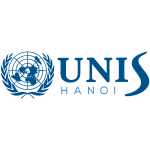
- UNIS Hanoi is ever-evolving, but one thing that remains is our passion to nurture and equip students to be agents of change for a better world.
Latest entries
 UNIS Hanoi Address1 Jan 2026Reflection Questions for Students: A Practical Guide to Deeper Learning
UNIS Hanoi Address1 Jan 2026Reflection Questions for Students: A Practical Guide to Deeper Learning Calendar, News and Publications14 Dec 2025UNIS Hanoi: Leading the Way in Multicultural Environmental Education
Calendar, News and Publications14 Dec 2025UNIS Hanoi: Leading the Way in Multicultural Environmental Education Calendar, News and Publications30 Oct 2025What is an IB School? A Complete Guide for Parents
Calendar, News and Publications30 Oct 2025What is an IB School? A Complete Guide for Parents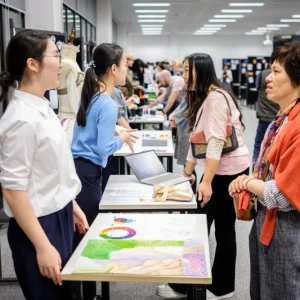 Calendar, News and Publications29 Oct 2025School Tour at UNIS Hanoi – A Comprehensive Guide for Parents
Calendar, News and Publications29 Oct 2025School Tour at UNIS Hanoi – A Comprehensive Guide for Parents

Pingback: Your Child Failed P5 Chinese? Here’s Why Nov–Dec Will Make or Break Their PSLE - VocabKing